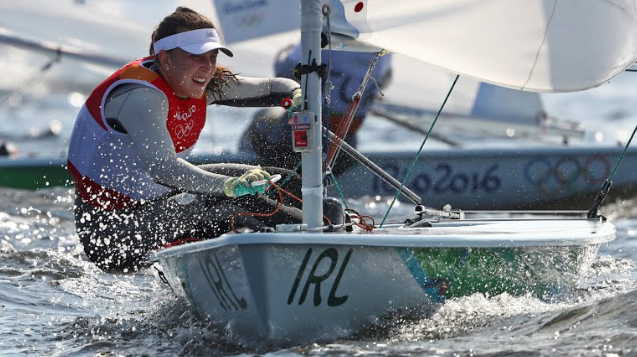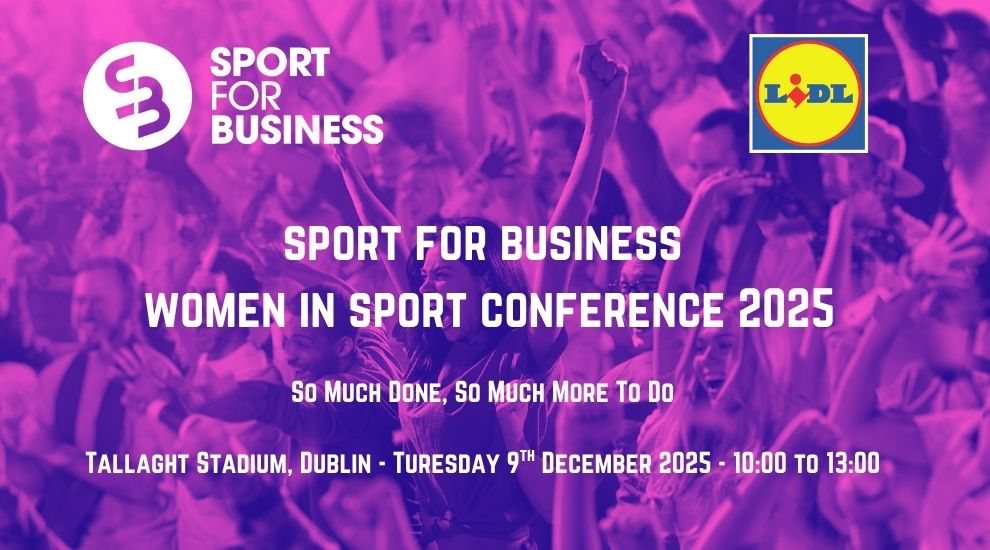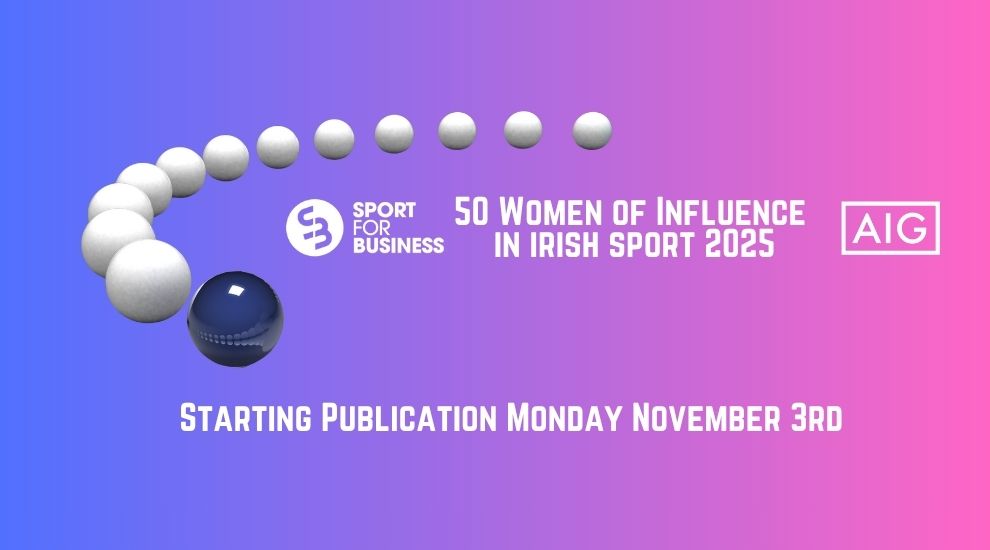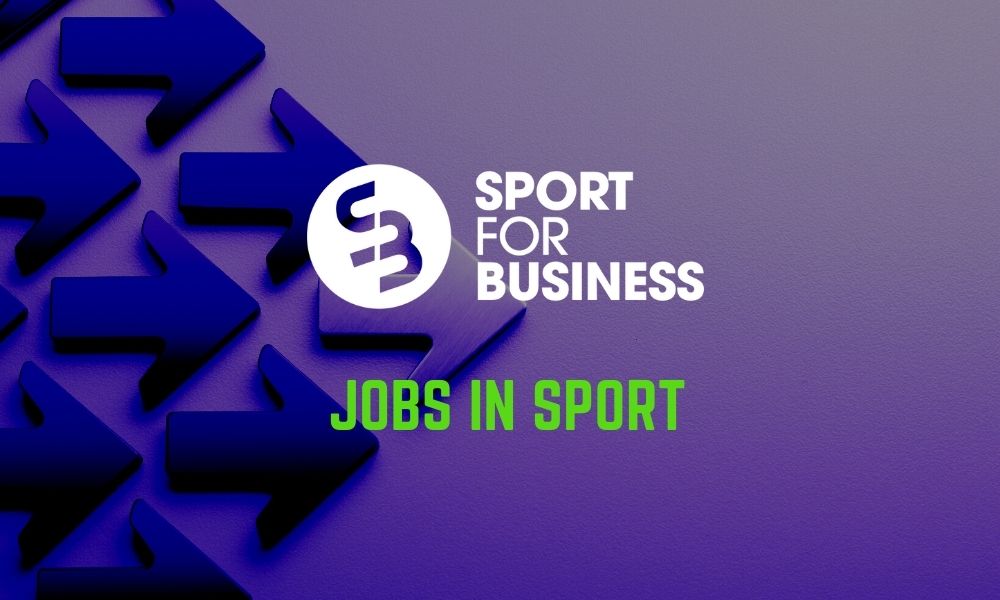
Darragh Moloney introduced news of her performance in the fourth of ten races she will contest on the way to what will hopefully be a medal, by apologising for the lack of live coverage, explaining in detail that the Official Olympic Broadcast Service only carries and allows broadcast of very limited amounts from some of the sailing.
It seems incredible in an age when if it’s not seen it is barely thought to have happened that such a restriction would or could apply but the frustration is a measure of how far broadcast TV has come.
In London, Murphy’s journey to what in the end proved to be fourth captured the nation as we learnt more about the sport than we ever thought we might.
Four years on though the Olympic broadcast team are only covering two of the three sailing events taking place each day and yesterday was the turn of the Women’s laser to miss out.
Instead we had to rely on the near live text updates from Annalise’s brother Finn on his sisters twitter, Facebook and social media accounts. Even he would have to be careful though about broadcasting any pictures from the water as that might be seen as a breach of rights.
Annalise in a duel for the lead with DEN! This is edge of the seat stuff! #COYGIG #TEAMIRELAND
— Annalise Murphy (@Annalise_Murphy) August 10, 2016
RTÉ will doubtless be pushing hard for an improvement but it is more challenging than in previous years for Cliona O’Leary and her team on site as they are doing so in Rio on an individual basis rather than with the support of the European Broadcasting Union due to a change in how rights were won and allocated.
London 2012 was a high point with cameras broadcasting every second of the action from every sport and every venue. That has pared back in 2016 in defiance of the trend towards absolute live coverage that marks sport out in the era of mega rights payments.
Access All Areas is what we have come to expect. It comes with a cost though.
The anger among viewers is a mirror of that from last week when Dundalk FC’s journey in Europe could only be seen on eir Sport and Virgin Media had cut access to those channels to its subscribers.
As rights are divided into ever more niche packages the idea that we will always have immediate access to see what we want is likely to become a very expensive option for broadcasters to provide and consumers to pay for.
Sport for Business’ Coverage of the 2016 Olympic Games is supported by Team Ireland Official Partner Electric Ireland #ThePowerWithin

























